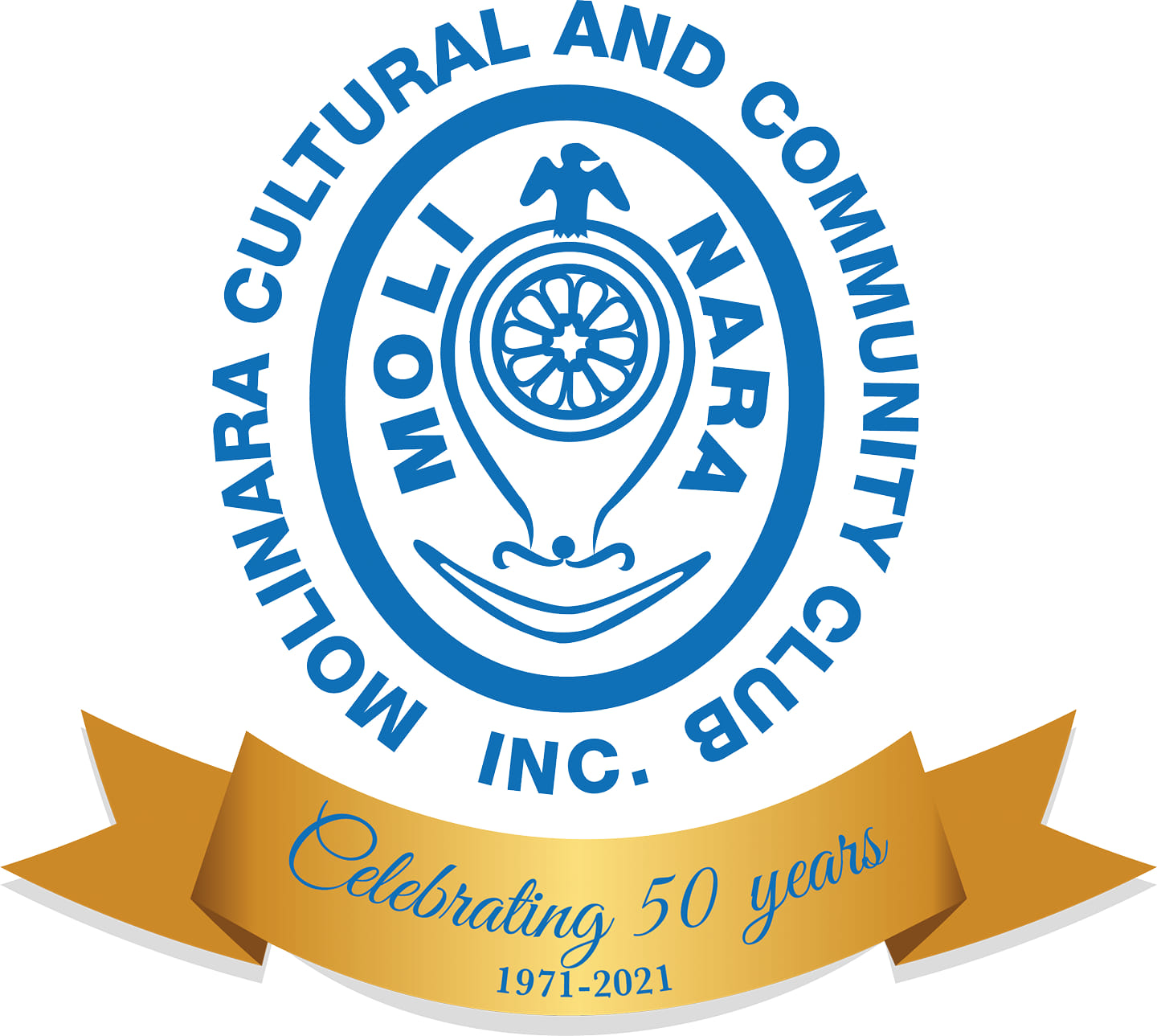During the 1980s the Molinara Club continued to expand and thrive. The members were invested in the club, events were well attended, and it also attracted the first generation through sport and social functions.
Social activities that were organised included Dances at St Clair stadium, Masquerade Ball, Easter Monday Picnics, Christmas Carnival, Bingo/Cavatelli evening, Sports Presentation evenings, Mother’s Day Dance, Molinarese & Briscola Competition. Productions took place with members displaying their acting abilities and directed by Angelo Caruso.
Through the association with Italian Consulate and Centro Didattico, the club provided its facilities to conduct Italian classes.
Photo Gallery: 1980s
Club premises continued to be renovated and extended and club flag & logo were developed
The Youth Group continued to thrive with discos held, dinners and collecting for the Red Cross.
Ladies committee were active in organising Fashion parades, Melbourne Cup luncheon, groups outings to see live theatre and Keep fit classes at the club.
Gatherings were established for the elderly members with lunch served every second Tuesday and an afternoon of games such as cards, bocce or bingo.
Participation in Sporting clubs became so popular that there were sub committees established for bocce, soccer, netball. Bocce attracted many participants, a number of internal competitions were held such as The Molinara Cup, The Findon Cup and the San Rocco Cup. Bocce competitions were played against other Italian clubs and Lucio Caporaso represented the Molinara Club at the Australian Championships in Brisbane. The Molinara Club was a founding member with four other clubs to form the SA Bocce Federation. In 1981 a Ladies Bocce Team was started.
Netball started with three teams playing and they joined the Eastern Districts Netball Association, with one team winning the Grand Final. By 1982 – 83 the Molinara Club fielded five senior teams and eight junior teams. The netball teams also took part in a number of sporting carnivals. During the 80s two soccer teams were fielded in the South Australian Amateur League and in 1983 both teams were promoted to the first division. In 1984 the club also fielded a junior soccer team. The club also had members involved in tennis, billiards, volleyball, ten pin bowling and basketball. Adelaide Pest Control was a sponsor of the club’s sporting programme.
Molinara Club continued to participate in the Italian festival ‘Carnevale’ by running a stall selling cavatelli and pizza.
The Molinara Club had a very high standing in the community and in 1982 Mr Murray Hill, the Minister for Ethnic Affairs visited Molinara on an overseas trip. In 1989 the club was visited by the Mayor of Benevento and the Mayor of Molinara, Pasquale Santoro and his wife. In 1985 four clubs within the Campania Region, Molinara, San Giorgio, Campania & Alta Villa, formed the Committee of Region Campania. The objective of this group was to organize student exchanges to the region of Campania, in Italy.
Historical Context
The nation’s approach to new migrants since the 1970s had been one of ‘multiculturalism’ and this continued to unfold in the 1980s. This meant that Australian society embraced various cultural groups, with their distinct languages, religions and traditions and granted them equal status. Multiculturalism challenged traditional ideas about what it meant to be an Australian. Most people found that migrants enriched the Australian experience, enabling people to share cultural traditions like music, food and religion. Racial tolerance improved in Australia throughout the decade.
Interest in foods from other cultures increased in the 1980s and more people began eating out at restaurants. Italian food in particular became very popular.
In the 1980s, multicultural radio stations were operating in many states and territories. SBS television began broadcasting as Channel 0/28. The Special Broadcasting Service is an Australian public service broadcaster. About 80 percent of funding for the company is derived from the Australian Government.
In 1987, the Office of Multicultural Affairs was established and two years later, the National Agenda for a Multicultural Society was released.
Presidents
1980 Don Callisto
1981 Nick Cirocco
1982 Nick Cirocco
1983 Nick Cirocco
1984 Cosimo Cirocco
1985 Don Callisto
1986 Don Callisto
1987 Mario Spagnoletti
1988 Mario Spagnoletti
1989 Don Cirocco


